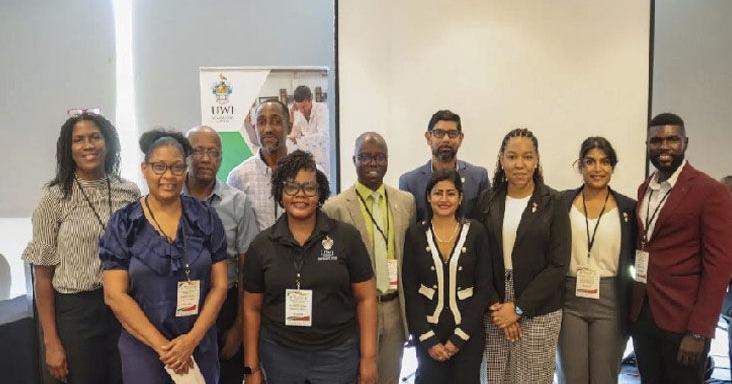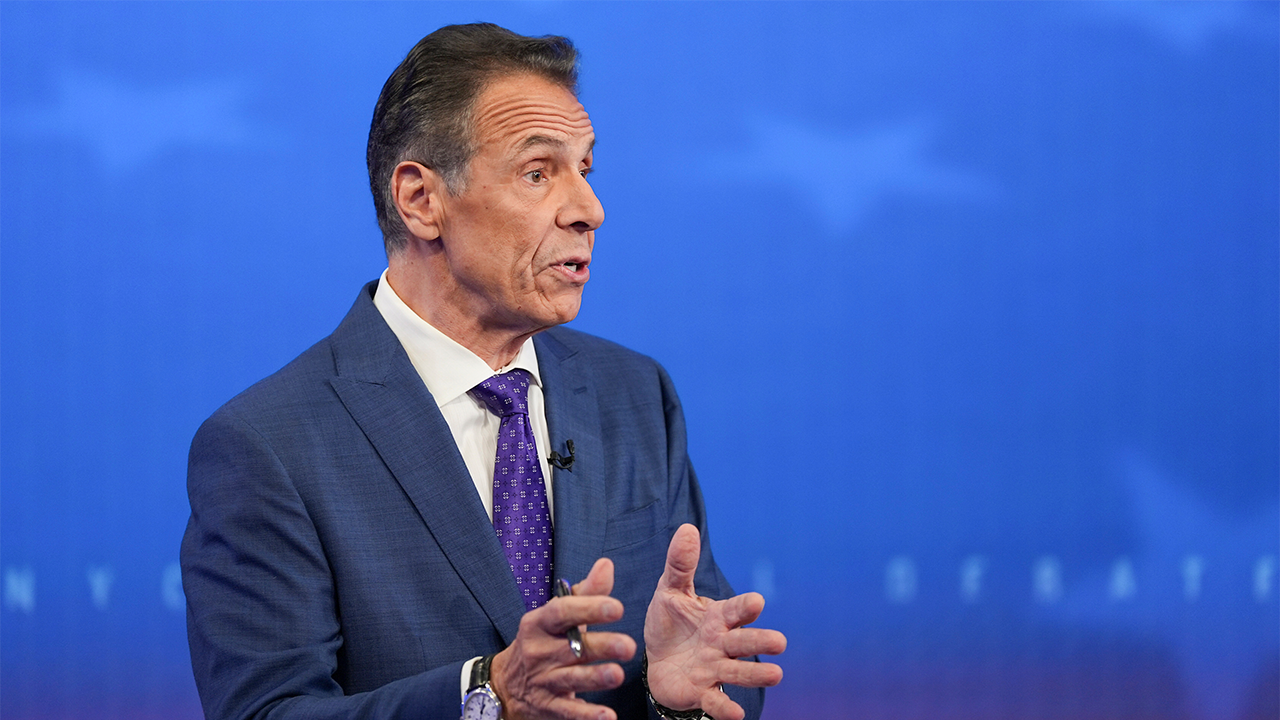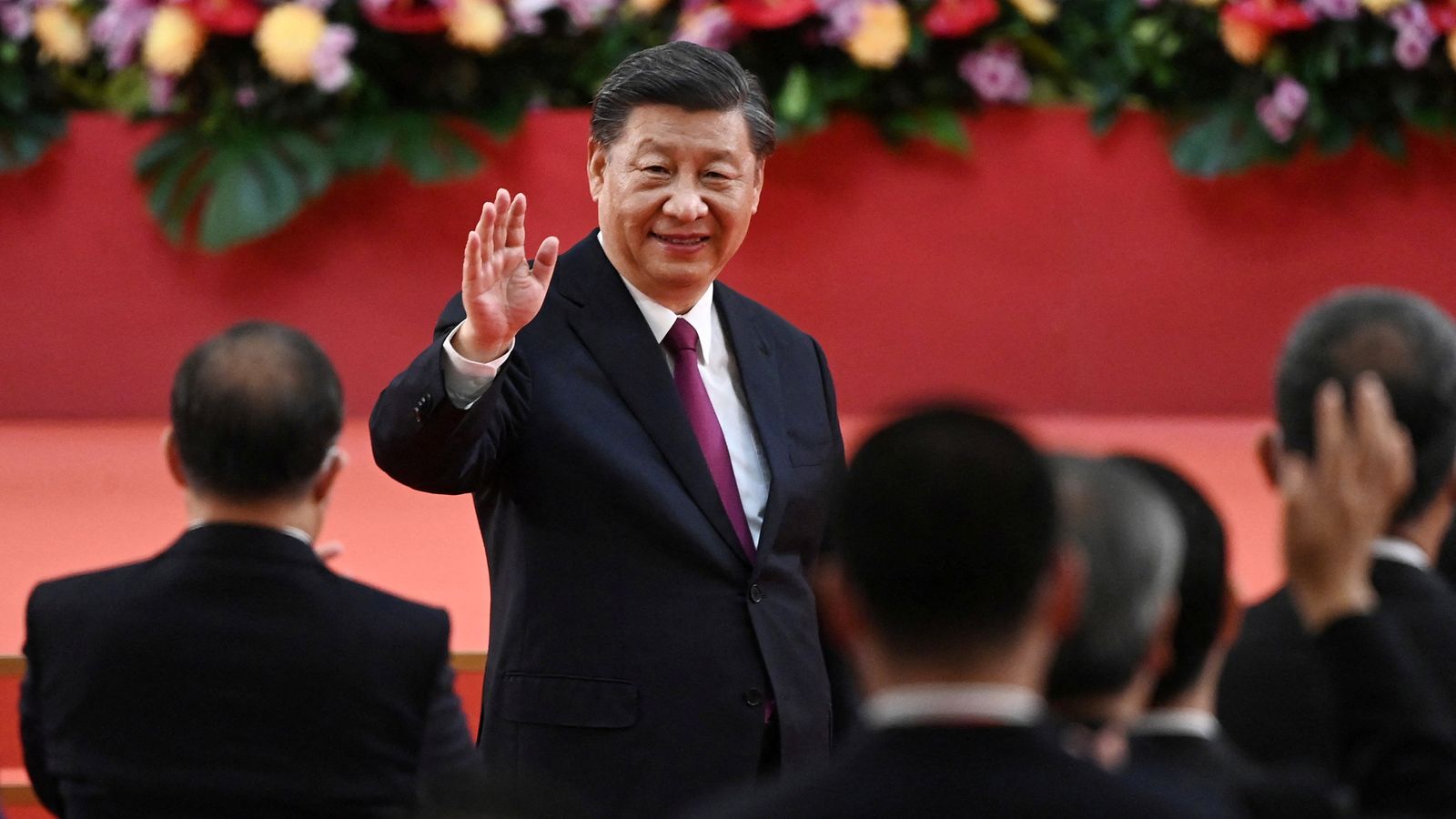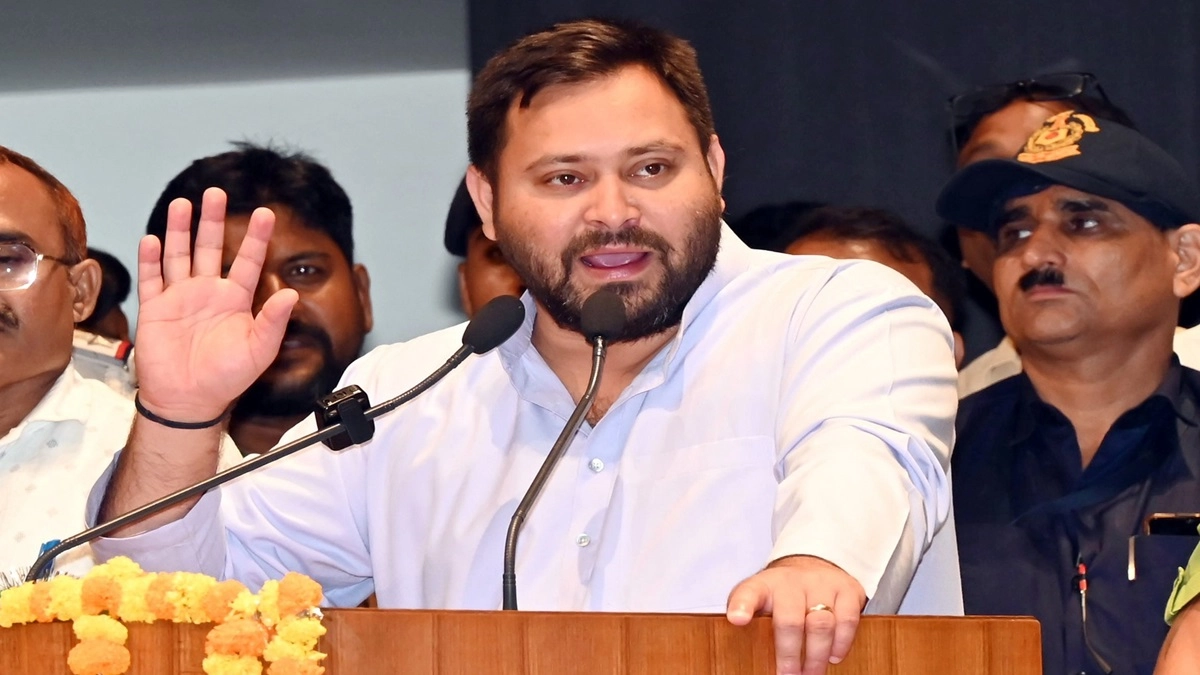Copyright trinidadexpress

From September 29 to October 3, a delegation from The University of the West Indies (The UWI), St Augustine campus, attended the 19th Caribbean Week of Agriculture (CWA) in St Kitts and Nevis and led four technical sessions which explored the future of regional food systems, research, education, innovation, agri-tourism and sustainable fisheries. With this year’s CWA themed “Sowing Change, Harvesting Resilience: Transforming Our Carib-bean Food Systems for 2025 and Beyond”, the Faculty of Food and Agriculture’s (FFA) four sessions strategically addressed the topic of strengthening agricultural extension systems across Caricom, the role of education, innovation and agri-entrepreneurship in advan-cing food systems. The sessions also addressed ways agri-tourism synergies can strengthen regional food security and cultural identity, and the role of the Ecosystem Approach to Fisheries (EAF). These expertly crafted sessions were executed by The UWI delegation, which included FFA dean Prof Mark Wuddivira, Dr Gaius Eudoxie, Dr Oral Daley, Dr Ronald Roopnarine, Dr Wendy-Ann Isaac, Dr Arlette Saint Ville, Dr Jeanelle Joseph, Celine Suchit, Shawna Evangelist, Prof Wayne Ganpat, and Dr Preeya Mohan. Additionally, the delegation also collaborated with key regional and international partners, including the IICA, CARDI, Banwari Experience Ltd., FAO, PISLM, CAHFSA and CDB, which underscored the importance of academia-policy-industry partnerships for food security and innovation. Under the leadership of the FFA, various informative sessions were led and advanced key regional initiatives at the CWA aimed at transforming food systems and building climate resilience. In a session led by Eudoxie, participants agreed on the urgent need to modernise and integrate agricultural extension across Cari-com, inclu-ding digital platforms, knowledge--sharing partnerships with FAO, CARDI, IICA, CDB, PISLM, and CAHFSA, and the incorporation of indigenous knowledge. A working group was formed to link the Caribbean Agriculture Knowledge Portal with the FAO/UWI platform. A second session, coordinated by Wuddivira, highlighted education, research, and innovation as the foundation of resilient agri-food systems, with experts calling for greater investment in human capacity, climate finance, and entrepreneurship. Further sessions explored agri-tourism as a driver of food security and cultural identity, launching the Food & Nutrition Security and Sustainable Tourism Conference and Caribbean Beach Food Festival, scheduled for March 31-April 5, 2026, in Trinidad and Tobago, and showcased regional advances in sustainable fisheries through the REBYC-III CLME+ and EAF4SG projects with UN FAO and the GEF. Greater investment in agricultural education Outside of The UWI’s four strategic sessions, Wuddivira led The UWI delegation’s participation in the 121st Special Meeting of CO-TED at the CWA. At this forum, the delegation delivered a statement emphasising the need for greater coordination and investment in agricultural education, research, and technical training across the region. To achieve this, The UWI delegation stressed that nurturing talent and equipping people with the tools not just to survive but to innovate is required for true resilience and is achieved through investment in sustained academic training. The delegation called for the establishment of a single, regional, agricultu-ral extension learning management platform to standardise training, share best practices, and build capacity across Caricom member states. In addition to the COTED special meeting, Wuddivira held high-level developmental meetings with Dr Bénédicte Werner and Dr Muhammad Ibrahim. Werner is the lead sustainability expert at the Brussels-based Committee Linking Entrepreneurship-Agriculture--Development (COLEAD), while Ibrahim is IICA’s director of technical cooperation. Wuddivira, alongside Daley and Roopnarine, also held high-level meetings with other stakeholders that focused on driving economic growth and climate resilience through plant genetic resources, building climate resilience and food security using sweet potatoes, pro-ven digital solutions for improving agri-food system efficiency (drone technology and capacity building), and moving towards a more sustainable livestock sector through the use of locally available feed ingredients. With The UWI positioning itself as a key regional hub for building the next generation of agricultural professionals, it underscores the urgent need for investment in advancing agricultural education, postgraduate research, and innovation. In doing this, the Caribbean can ensure it has a skilled, research--driven workforce which can overcome persistent challenges like the region’s vulnerability to climate change, limited resources, and high dependence on food imports.



